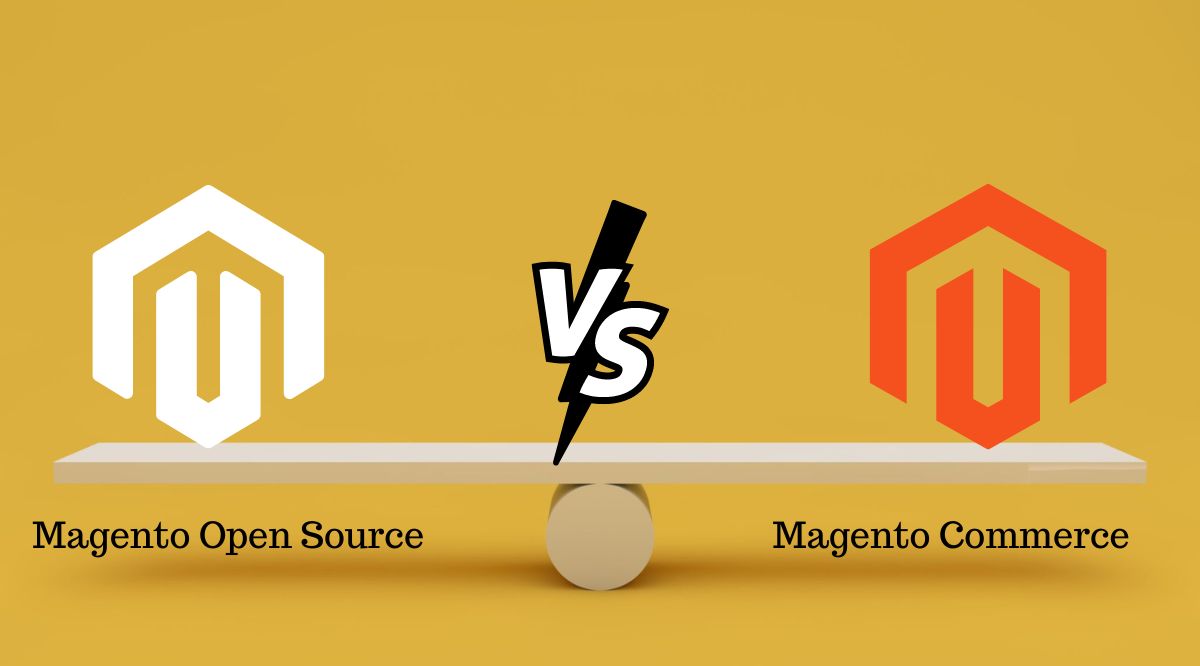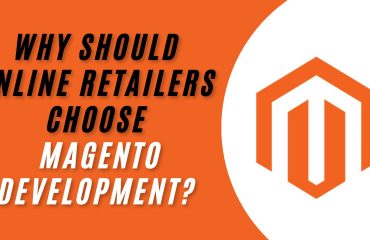Magento (now an Adobe firm) – a major player in the eCommerce industry has been around for more than 10 years now! It deals with small and mid-sized businesses, mid-market, and enterprise eCommerce platform markets. It’s a platform powerhouse that consistently appears on shortlists and requests for proposals (RFPs). As the fastest-growing brand, Mean3 understands the difficulties of deciding what platform to use. We have dedicated professionals to suggest which is the best fit for your upcoming or current eCommerce business. There are several factors you have to consider before switching to Magento – with the most critical one being which to use: Magento Open source, Magento Commerce or Cloud. From the perspectives of features, pricing, and flexibility & stability – this guide is intended to highlight significant differences between all to help you make a better decision.

Why Magento Open Source is the Good Option for Small Business
Magento 2 Open Source, also previously known as Community edition, is the most popular among businesses. This is because Magento allows you to self-host on an open platform that enables your retail software to run on your established server and network maintenance.
However, when it comes to features there are a few basic tools for building a Magento website:
- Integrated checkout, payment, and shipment systems
- Optimizations for shopping on mobile devices
- Worldwide selling
- Company account management system
- Inventory management
- App marketplaces enable further functionality if required
- Site search
- Immediate purchases
This version of the platform will enable you to understand the core service offerings. It is best acquainted with being cost-effective – with the help of trained professionals at Mean3 we can develop a reliable B2C online shop for your small business. Although, it is not often the case that a small startup may use Magento Open Source and later switch to Commerce for more scalable solutions.
Why Mid Size Businesses Prefer Magento Commerce over others
The prior version of Magento Commerce, also known as Magento Enterprise Edition, is essentially a licensed version of the open source one with additional functionality. It is broken down into two further versions, an on-premise and a cloud version (explained further below). The added functionality will allow you:
- Business development dashboards
- The functionality of B2B
- More advanced marketing tools
- The ability for content staging and previewing
- Access to customer loyalty tools
- A more expansive page builder
- Visual merchandising options
- Customer segmentation
- Product recommendations
In retrospect of the features in Magento Commerce, it may be best for medium to large businesses that have to handle a plethora of transactions. It assists while ensuring that business growth and efficient digital expansion are not compromised. Furthermore, it offers enhanced scalability and security but not like how Magento Cloud does it.
Why Magento Commerce Cloud is the Good Option for Large Size Businesses
Magento Cloud, previously called Enterprise Cloud, is Magento Commerce, but with cloud infrastructure hosting. Its functionality focuses on scalability and enhanced security with these added features:
- Easy deployment and global availability
- Global and cloud availability that has an SLA up to 99.9%
- Fast page loading and performance monitoring tools
- Web application firewall, which also includes fastly WAF and DDoS services which are also PCI compliant
- Streamlined updates and testing
Initially, looking at the features only gives an idea that this version of Magento is best suited for large businesses. They need an infrastructure that is suitable for high traffic, has a stable platform for stable growth and processes large amounts of requests daily.
Core Differences between the Magento Open Source and Commerce platforms:
The initial difference between Magento Open Source and Commerce. In Magento commerce there is additional functionality of page builder, security, b2b functionality, the way content is staged & previewed, and more marketing features.
Therefore, Magento Commerce has more power and flexibility over Open Source. But Open Source can allow you to develop at a certain cost.
Accordingly, when it comes to Magento Cloud and Commerce. Both are highly dependent on large businesses and the dev team. For example, you already have a dev team, but not experienced like Mean3, but you believe you need a newer scalable solution that may have predictable costs, security, and stability that may not be reliant on an in-house option.
Lastly, the time required to develop, set up, and implement an online store takes around 8-10 weeks on Magento Open Source. Whereas, it would take about 14- 16 weeks on Magento Commerce. Development time is often associated with how efficient your development team is, that is where Mean3 come in ensuring to cut down this time and ensure your site is functional and reliable at our earliest.
How to Choose the Right Magento for your Business?
Choosing the right Magento, completely depends on your business requirements. This includes certain aspects of price (such as the cost of licensing which may need to be justified if you are a high-volume merchant or retailer), and the right need for features (whether the features on Commerce can be developed for a cheaper cost). Or if you have the budget to attain and feel like your business is on par with being a large-scale operation. Then you can let Magento handle all your burdens that are accustomed to self-hosting using Magento Cloud.
Regardless, if you are still on the fence on what platform may be best suited to you, get a consultation today and ease your eCommerce developing needs with Mean3! We can help you with Magento-managed services, develop the right software for your needs and provide continuous consultations on your eCommerce needs.
Looking to Develop an Ecommerce Website for your Business?









